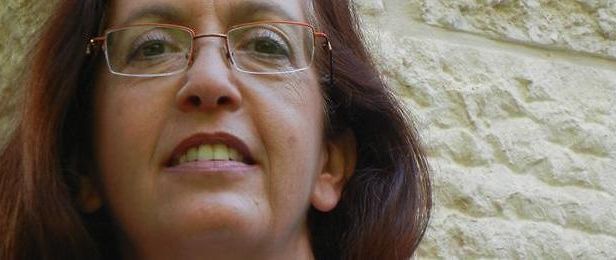Within Judaism, there are four main movements, Ultra-Orthodox, Orthodox, Conservative and Reform. Each movement has its own institutions, synagogues, rabbi’s, theology etc. There are very big differences in the day to day life of a practising Ultra-Orthodox and Reform Jew. One lives life in strictest adherence to the ancient Jewish law, Halacha, dress, food, social interaction and every single aspect of daily life directed by religious law and the rabbis of that group. Reform Jews live a modern, Western life, where the Jewish component is often minimal and mostly limited to life-cycle events. One thing all the Jewish movements do have in common is that they all circumcise their newborn male babies. There are individual Jews who choose not to have their babys circumcised, but the vast majority of Jews still continue the tradition. Removing part of the foreskin from males is not only a Jewish practise. All in all, more than 20% of the world’s population practises male circumsicion, including a significant part of Christian males in North America.
Circumcision is a matter of both religion and identity. One cannot explain ones identity, what a person feels he is, to another. I can’t tell you what it feels like to be me. To myself, the bits and pieces that together create me, make sense. There are groups in Africa that implant a wooden disk in their bottom lip. The practise in itself is foreign to me, but I understand how that tradition serves both the group and its individuals. If the practise is physically benign, not dangerous or debilitating, I see how that can contribute to creating a strong sense of identity. An individual thinks and acts based on how he perceives himself. Those who want to stop circumcision do not accept how we see ourselves as a group and they want me and my group to be something else. I even venture to say that they do not accept that we as Jews have a strong group identity, that the individuals in the group perceive the group as a part of who they are.
Today, there is a strong movement in Europe against circumcision. I believe that there is an element of paternalism in this movement. At least part of the impetus is missionary, to teach the savages, that is the Jews and the Moslems, some sense. It is often connected to anti-immigrant sentiments, or just a general feeling of Western superiority. No Moslem or Jew preaches to others to have their babies circumcised. The practise is not about hygiene, or health. The Semites want to be allowed to continue their tradition. Those who don’t like it should not adopt the practise.
Eventually, I expect that circumsicion will be out-lawed in Europe. The discourse surrounding possible legislation is vulgar and grossly exagerated. Knifes and blood and mutilation and child-abuse are standard in the anti-circumcision arguments. My arguments of the mental health benefits of a strong sense of belonging, of history, of identity, pale when confronted with “no one has the right to mutilate their children”. I agree. Circumcision, however, is not mutilation, any more than piercing or a tatoo. I don’t know how many times I’ve read comments saying, “well what if there was a religion that mandated chopping off the little finger of your child, would you support that too?”. I don’t know about that, but that’s not the case, so I don’t feel compelled to deal with that supposition. Being engaged in the anti-circumcision debate is a fad, a fashion. It’s easy to be anti-something that doesn’t relate to you or your mileu. It is more difficult to show respect for something that is far from anything you know.
There are others who say, OK, let those who practise what we call Brit Milah continue, but no circumcision of infants, let the child decide on his own, once he becomes an adult if that is what he wants. Identity is usually not something we choose as adults. Our personalities and identities are formed in the early years of existance. And it’s ridiculous to demand that parents not form their children. Parenting is forming and guiding your child and teaching them to navigate the intricasies of life. Parents can pretend that they are letting their children make their own decisions, but that is just in their imagination. We decide when to have a child, where we live, how we live, what we eat, where children go to school, when they go to bed, how they spend their vacations, who they meet. If we choose a vegetarian diet, we are making decisions for our child. Same if we are carnivores. And there is nothing wrong with that! If you grew up in a household where the family doesn’t talk much, that will shape you for life. It is as irreversible as a removed foreskin, only not as easy to locate.
So here is my only outwardly compelling argument against the anti-circumcision crusaders. Those who oppose circumcision, by and large, are groups that do not practice circumcision. If the great majority of peoples that are part of the tradition wish to continue, and that includes both the circumcised males, their mothers and the younger generation, maybe there is something to it that others don’t see. There are voices in the Jewish world opposing Brit Milah. Like everything else in our tradition, this will open a discussion between the different groups. Some may stop the practice, most will most likely not. But, it’s a question to be dealt with through discussions, not prohibition.
Noomi Stahl

